Yonas Biru, PhD
August 19, 2024
This challenge is primarily aimed at those who are actively involved in Ethiopia’s political conflicts. Members of the silent majority are also challenged to take part because their silence in the face of their nation’s existential crisis is complacency. The confession challenge starts with my own confession. I then tap or challenge 12 intellectuals and activists to participate by sharing their own confessions and tapping or challenging 12 other intellectuals/activists to do the same. The goal is not to point fingers on others, but to confess our own sins for causing or exacerbating the current crisis.
The 12 people I call up on for the challenge are: Merera Gudina, Jawar Mohammed, Bekele Gerba, Ezekiel Gabissa, Alula Solomon, Daniel Berhane, Professor Getachew Assefa, Alemayehu Fentaw, Andargachew Tsegie, Aklog Birara, Messay Kebede, and Berhanu Abegaz. Notably, I have limited my challenge to four intellectual/activists each from Oromo, Amhara and Tigray political space because they are the primary forces in the nation’s political conflicts. People who are not named or people outside of the three groups may also participate posting their own confession and challenging others to participate.
We (intellectuals, activists and political junkies) are an integral part of the national political crisis by omission or commission whether our transgressions are misfeasance or malfeasance in nature. If we are to save our people who have become victims of political conflicts that we have brewed and fomented, we must start with our confession, repentance, and redemption. Thus, shall I stand before God and you my country women and men to confess, repent, redeem, and ask for forgiveness. This does not in any way negate my standing firm on what I believe.
My confession is a bit complicated because it involves two voices and pens of Koki Abesolome’s and Yonas Biru’s. I created Koki Abesolome as a pen name in 1991 to disrupt to expose the inherent flaw in our political, bureaucratic and social cultures. By necessity and intentions, she was pushing the envelope to discomfort what she defined as hermitized and tribalized intellectuals. In terms of our current politics, she was an equal-opportunity-offender to the Amhara, Oromo and Tigray political class. As a result, I am seen as an Anti-Amhara, Oromo Phobic, and the Enemy of Tigrayans.
When I created Koki, my hope was to have her stand on her own without invading my space. After 30 years, it is difficult to tell where Koki ends and Yonas Begins. Admittedly, even when I actively sought to silence her tone and polemical style in my articles, I see her influence creeping in. My challenge was to contribute to the political discourse while using her to throw grenades on the tenets of our political culture. The narrative on Axum This, Adwa That, Lalibela ኡኡ and don’t forget Geda is as much about assailing our detrimental culture as it is about infusing sense into a senseless political landscape.
While admitting Koki’s in-your-face assault may be an overdose to our conservative culture, I still believe her positive contribution is more than the negative baggage she may have brought to bear. Today, it is hard to separate Koki from me or me from her. So, I take responsibility for both.
Let me first say what I sand by unapologetically. I stand by my position on the Tigray war. I believe the war was triggered by TPLF. I still support the federal government’s law enforcement campaign. No country or government would allow a renegade regional government to launch a war against it and brag about confiscating 70% of the nation’s military fire power, including missiles and thanks.
I believed then and still believe now that involving Eritrea was the right decision. From the federal government’s point of view, the choice was to either allow TPLF to use the national weapons it had confiscated by force to overthrow the federal government or use whatever was available to it to stop it. So, inviting the Eritrean forces was the right call that the situation warranted.
It is also worth remembering Eritrea’s military intervention in Ethiopia was not new in Ethiopian politics. During the TPLF’s era, the Eritrean military force was in Ethiopia on the side of TPLF for two years after Eritrea declared its independence. It should be noted that TPLF officials and prominent activists such as Daniel Berhane were publicly courting Eritrea to stand with them. So, the loud criticism from TPLF supporters and activists about Eritrea’s involvement in the recent war is hypocritic duplicity in steroid laced with psychedelic drugs that distort a person’s perception of reality.
Where I blame the government is regarding its decision to deteriorate the law enforcement campaign into a civil war and the atrocities committed against civilians in Tigray both by the ENDF and forces that it brought in the war theatre, including Eritrea and Amhara military forces. I have written many articles including those published by international outlets condemning this.
Since November 2020, I have called for a negotiated settlement and allowing access to unfettered international investigations of all atrocities committed by ENDF, Amhara, Eritrea and TDF forces. In my opinion designating TPLF as a terrorist organization was wrong. So was the government’s drive to dismantle TPLF as a political entity. My four proposals for ending the war published in November 2020, June 2021, June 2022 and November 2022 reiterated all these points.
I also stand by my many nuanced articles on Political Oromummaa in which I differentiated cultural and political Oromummaa. The same is true about my coining the term Amhara-Shene and ringing the bell of warning and sirening the seeds of destructive impulses in the womb of Amhara extremism. I stand by my position. I also believe that current facts on the ground exonerate my assessment.
My Confession
I was an unreserved and vocal supporter of Prime Minister Abiy until April 6, 2019 — his first anniversary. I believed then and I still believe that his initial economic reforms were right. So was his resistance against both tribal and unitary forces who were demanding radical reforms. His cautionary policies of gradual political reform were also right on the money. After his first anniversary, I turned into a reserved supporter while criticizing him and his policies where needed. I shared my criticism both through public and official channels.
It was in February 2022 I started to criticize him without holding back. During the war, I supported his administration where he needed to be supported and criticized him when I felt necessary. In retrospect, I see that my support was lauder and more frequent and my criticisms were more subdued and far in between.
My introspective expedition over the last several months has helped me to revisit the past with a new lens that time has cleared. Looking back, there were signals that show the tale-tell signs of a psychopath in the person of the Prime Minister. Speaking of election conflicts, he said “elections conflicts may lead to the death of tens or even hundreds of people. But soon after it will be forgotten, and life would go on.” His nonchalant description of the death (murder of hundreds of people) was a window to peer into his psychopathic mind.
At the time, his statement did not sit well with me. But the exuberance of euphoria and the TPLF’s irrefutable intransigence with “my-way or the highway” attitude weighed in my political calculus. This is no excuse because as an intellectual, I should have risen above the euphoric exuberance.
In the process of writing this article I went through many of my published articles. There are no articles I wrote about, TPLF, Amhara Fano, Amhara Shene, Oromo-Shene, Oromummaa that I regret in tone or tenor. I understand that many of them may be too much for our conservative culture.
Our culture sugarcoats the bad and the ugly. My intent was not only to show the ugly truth but also to lay it bear for the world to see. For that I do not apologize. I believe more is needed, not less.
There are, however, several articles I published between November 2000 and January 2022 about the PM that I regret and would rewrite if I was able to rewind time. The problem in my articles was that in the interest of protecting Ethiopia from Amhara- and Oromo-Shene and TPLF, I spared the Prime Minister from the kind of harsh and objective treatment that I reserved for extremist forces.
With the benefit of time, I now believe the extremism in Amhara, Oromo and Tigray are no more dangerous than his psychopathic impulses ad practices. I cannot deny my contribution to the creation of one of the worst and most dangerous psychopath to consolidate power. For that I feel both regretful and accountable.
On June 28, 2018, I wrote the below analysis under the by-line of Koki Abesolome. In the article, I divided government supporters and critics into three clusters each. I warned the need to rein in cluster one of each group.
I wish I listened to myself. My failure to do so led me to be part of the problem rather than a champion of what I outlined as a solution. I find it difficult to forgive myself for helping entrench a psychopath than seeking forgiveness from others.
The Tension Between Raging Euphoria and Deep-Rooted Fear in Ethiopian Politics
Koki Abesolome
June 28, 2018
The current change came rather abruptly, taking the people of Ethiopia on both sides of the political divide by surprise. Those who are supporting PM Abiy’s rapid change are people who were longing for change. With the current reform they went from a state of despair to riding a high of euphoria in short order.
On the other hand, those who lost their firm grip on the levers of power went from a privileged political status to a state of dysphoria, as their claim of invincibility gave way to deep-rooted fear. Neither group had time to imagine, contemplate or in any way prepare for the sudden turn of events.


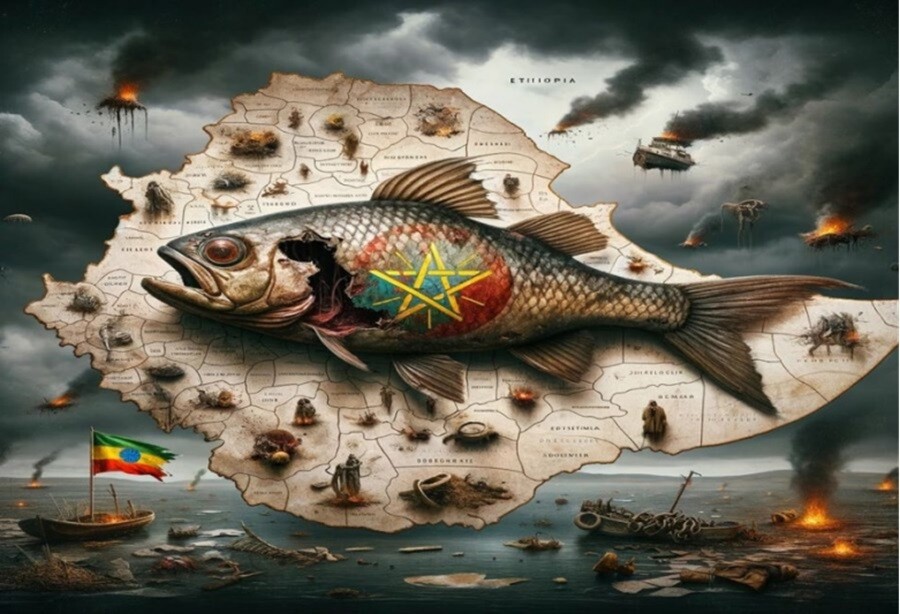


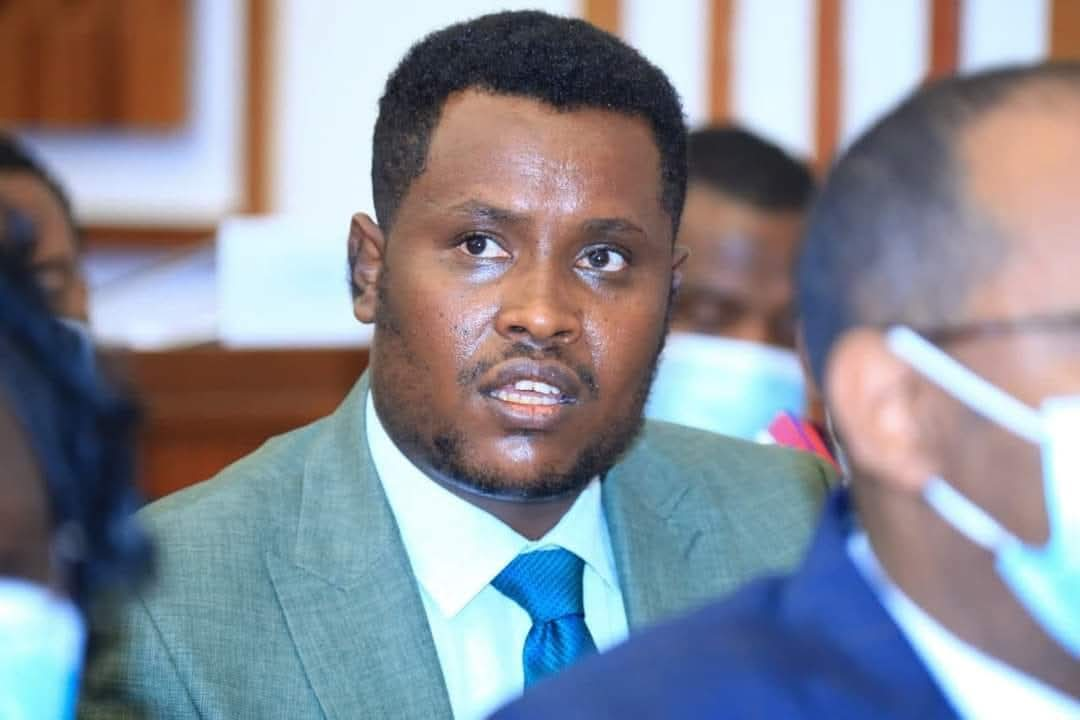


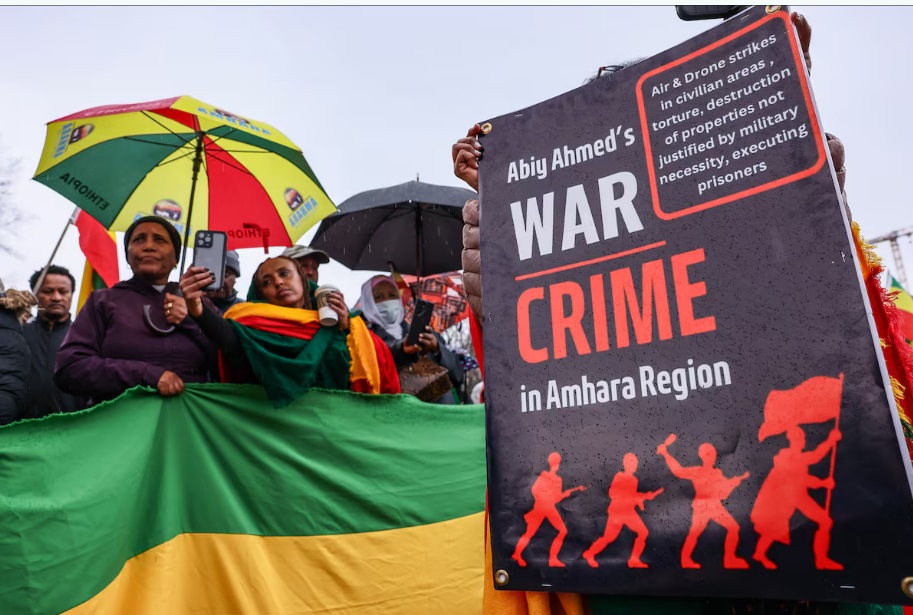

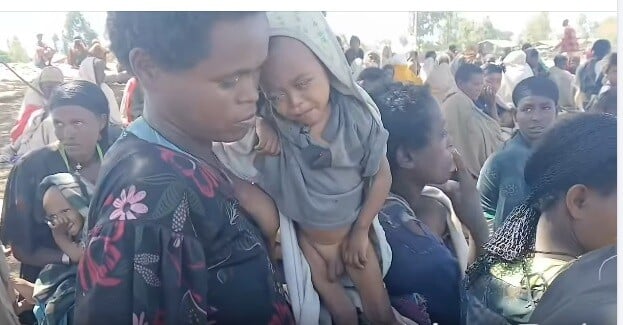


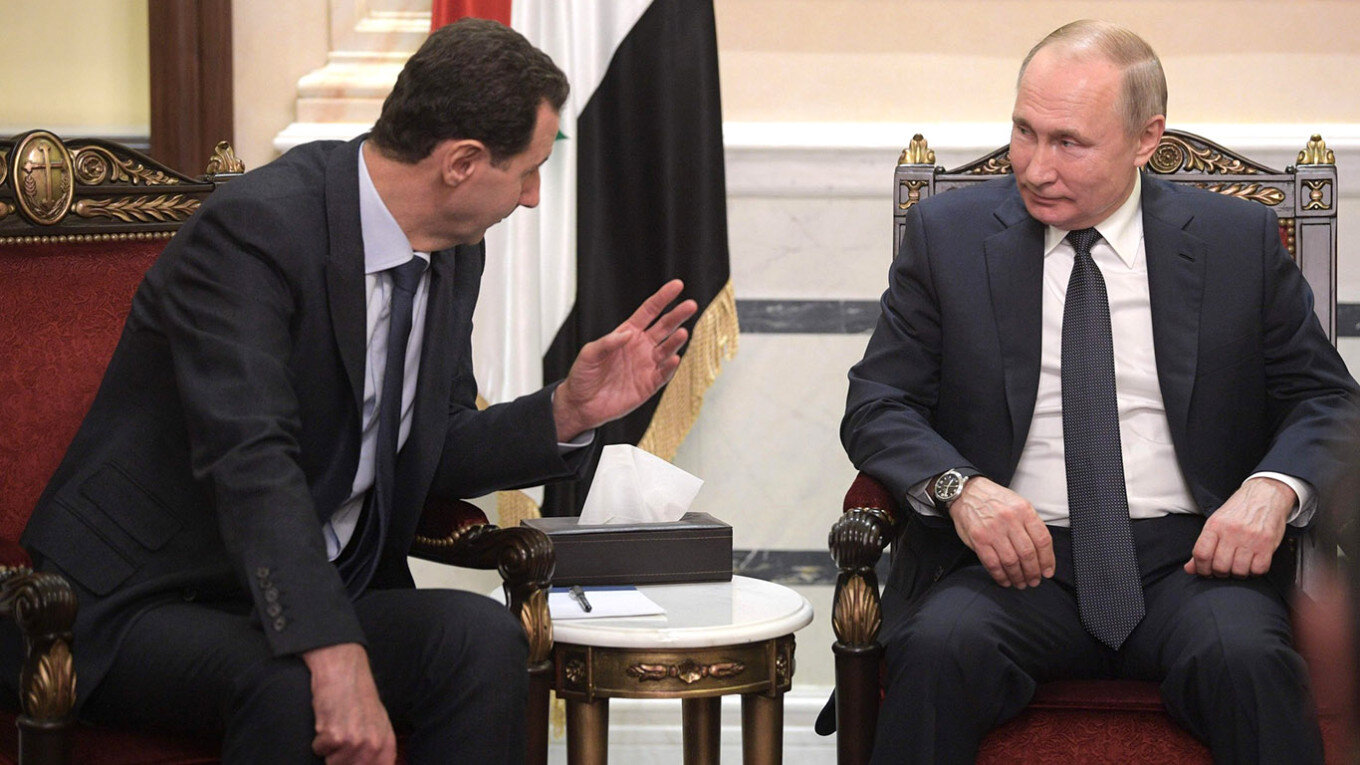
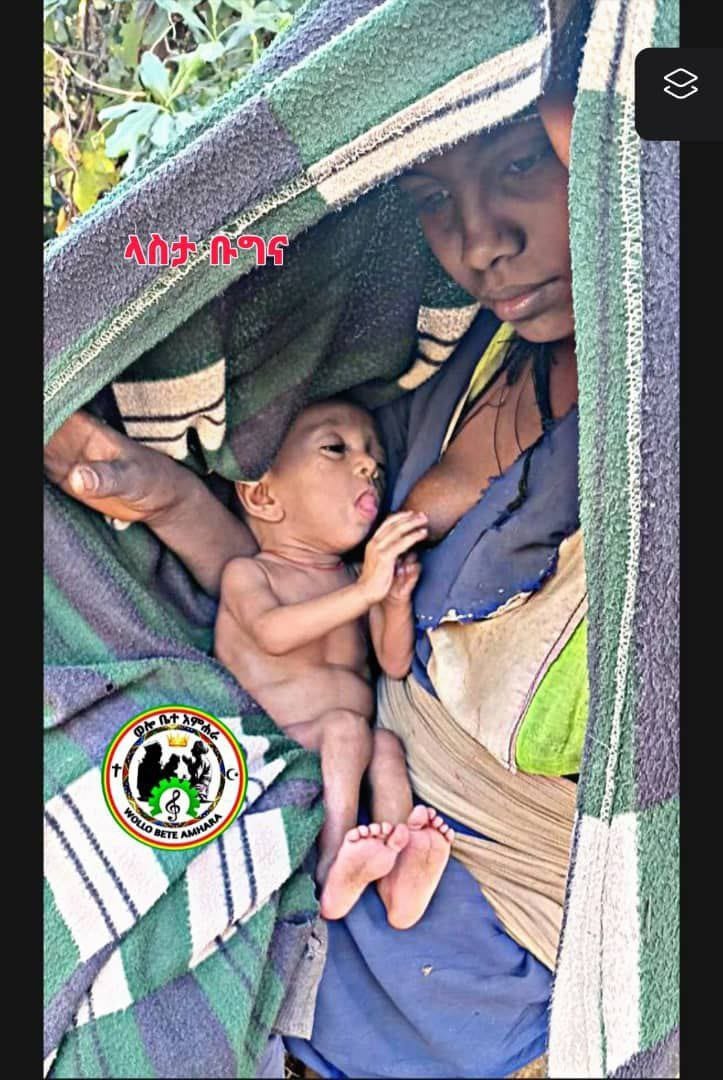


Thank You for your contributions Dr. Yonas, your contributions to the political discourse outweigh by far and only once in while your opinions sounds weird. But that is ok who are we to blame you. Your intentions are clear, you are a positive person all you need is good things to happen in Etiopia. I agree with you those extremes from Tigray and Oromo are the primary culprit for where we are today as a country. To include the Amhara politicians in that group may amount to false equivalency. Yes today I see problems with Amhara politicians too but Amhara didn’t complicated as much as Esikel, Tesegaye Ararsa or Meles TPLF and the likes.
Thanks a lot Sir.
Who is Koki then?
Well, we heard what you wanted people to know about your stand on current Ethiopian politics -your stand, past and present (not sure if this is a confession though). As the person before me said, your intention is good wish for Ethiopia but might be misunderstood because of your harsh language choices.
It will be greet to hear from at least the first five people you listed above in response to this but I doubt it . Thank you Koki
A wonderful proposal. The most wonderful proposal that has ever come since the turmoil of the sixties pitted members of one generation against each other. Instead of waiting for a fake Dialogue Comision or a fake Truth and Reconciliation Commision established by the very sponsors of genocide for resource extraction, we should initiate our own reconciliation so we can start working towards remaking the country we helped destroy. God bless y9u for this idea. May God bless you for your courage too.
“I cannot deny my contribution to the creation of one of the worst and most dangerous psychopath to consolidate power.”
“I find it difficult to forgive myself for helping entrench a psychopath than seeking forgiveness from others.”
Regarding your particular confession, I think whoever supported Abiy Ahmed’s fascistic government should confess for facilitating the disintegration of Ethiopia and not just for supporting a psychopath get entrenched.
Abiy is just doing whatever any other product of the TPLF-OLF ethnic-hate apartheid system would set out to accomplish if they had the chance. Abiy was not in London when the late Dr. Liben Waqo said, “We are not fighting to democratize Ethiopia, but to demolish it”. So, blaming Aiby Ahmed and letting the system go has the grave risk of overlooking the real culprit behind the ethnic-cleansing, genocide and inter-Killil civil wars: the ethnic-hate apartheid political system planted, watered and allowed to take root with unprecedented political, diplomatic and financial assistance from ‘friends’ of Ethiopia with the agency of the OLF-TPLF and their Amhara sidekicks.
Thanks a million for always contributing your share to the intellectual discussion of our social, economic and political woes.
I think you are the psychopath, I’ll take you seriously when you confess that you are a psychopath.
Yonas, as always, you speak my mind!
Thanks for exposing the vibrant Koki Abeselom that I missed!
I want to hear from Jawar and Andargatchew and Mesay even though they have shared the same concept and stand.
Daniel
Yonas Biru’s “Confession Challenge” is a call for self-reflection and accountability among Ethiopian intellectuals and activists involved in the nation’s political conflicts. By admitting his own mistakes and challenging others to do the same, Biru aims to foster a culture of confession, repentance, and redemption. He emphasizes the importance of intellectuals and activists acknowledging their roles in exacerbating the crisis, whether through actions or inactions. The confession also highlights his evolving views on Ethiopian Prime Minister Abiy Ahmed, admitting that he initially supported him but later recognized signs of a psychopathic personality in the Prime Minister’s behavior.
Biru’s confession is complex, as he discusses his use of the pseudonym Koki Abesolome to criticize Ethiopia’s political culture. He expresses regret for not being more critical of Abiy earlier, acknowledging that his failure to do so may have contributed to the rise of extremism and authoritarianism in the country. Through this challenge, Biru seeks to encourage a broader dialogue on accountability and the need for intellectuals and activists to take responsibility for their roles in shaping Ethiopia’s political landscape.
The clown is crazy. He is blinded by hate. H ehas not worked a day since he got fired from the world bank.
On July 23, 2013, Mr. Biru sent an email to the President of the World Bank, stating, “I intend to cut my finger on October 11 in front of the Bank during the Annual Meetings….My finger will be delivered to your office the same day by a carrier in a jar with chemical preservative.”
https://www.worldbank.org/en/news/factsheet/2017/11/03/diversity-and-claims-of-former-staff-member
Dr. Yonas, thank you for always telling your mind.
I agree on your unapologetic stand on the Tigri war from what was needed to stop TPLF to march back to Addis and calling accountability’s for what was done to the tigri civilians.
I also agree with your confession that the PM is a better choice than Amhara, Oromo and Tigri extremisms. Ethiopia is for everyone.
What I disagree with your confession is that it fails to mention the creation of Amhara to be extremist was FORCED BY THE PM REGIME. What was done to the Amhara people since the PM took place is documented evidence. The displaced millions of Amhara, the church fiasco, the release of the killer of TPLF leader (for monetary compensation) including the decision to disarm while the enemy is marching towards Amhara territory… is the legitimate purpose for Amhara to defend Amhara.
My comment is not to please or displeased anyone. It’s just to point that Amhara was never been extremist before this regime and was left with no choice but to defend themselves. Amhara was attacked just because for being Amhara.
God bless Dr. Yonas.